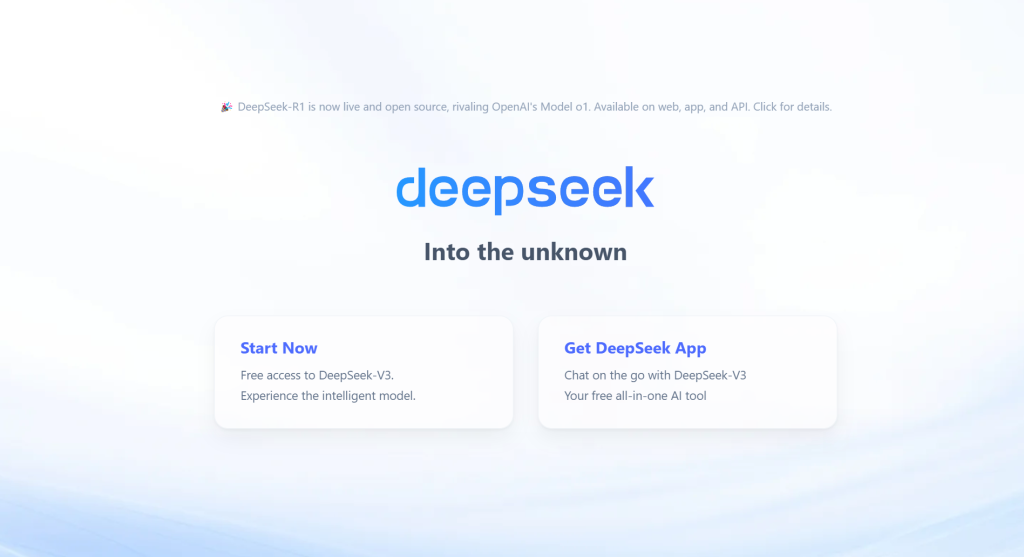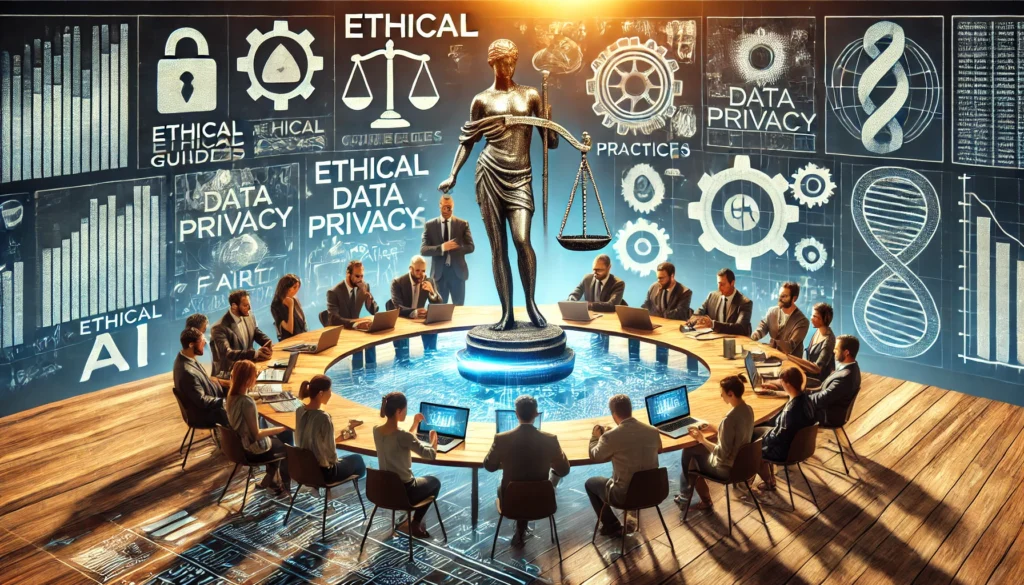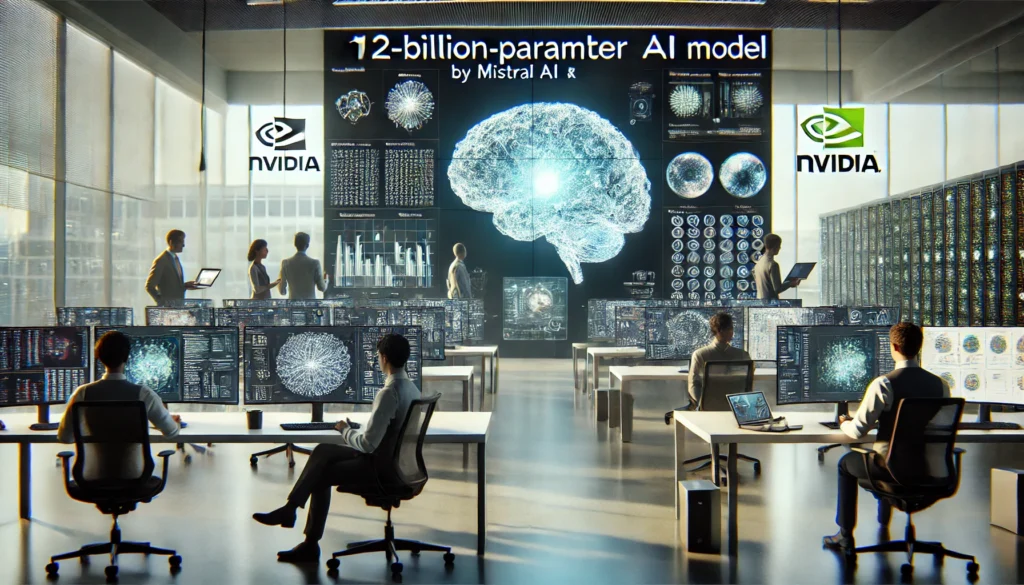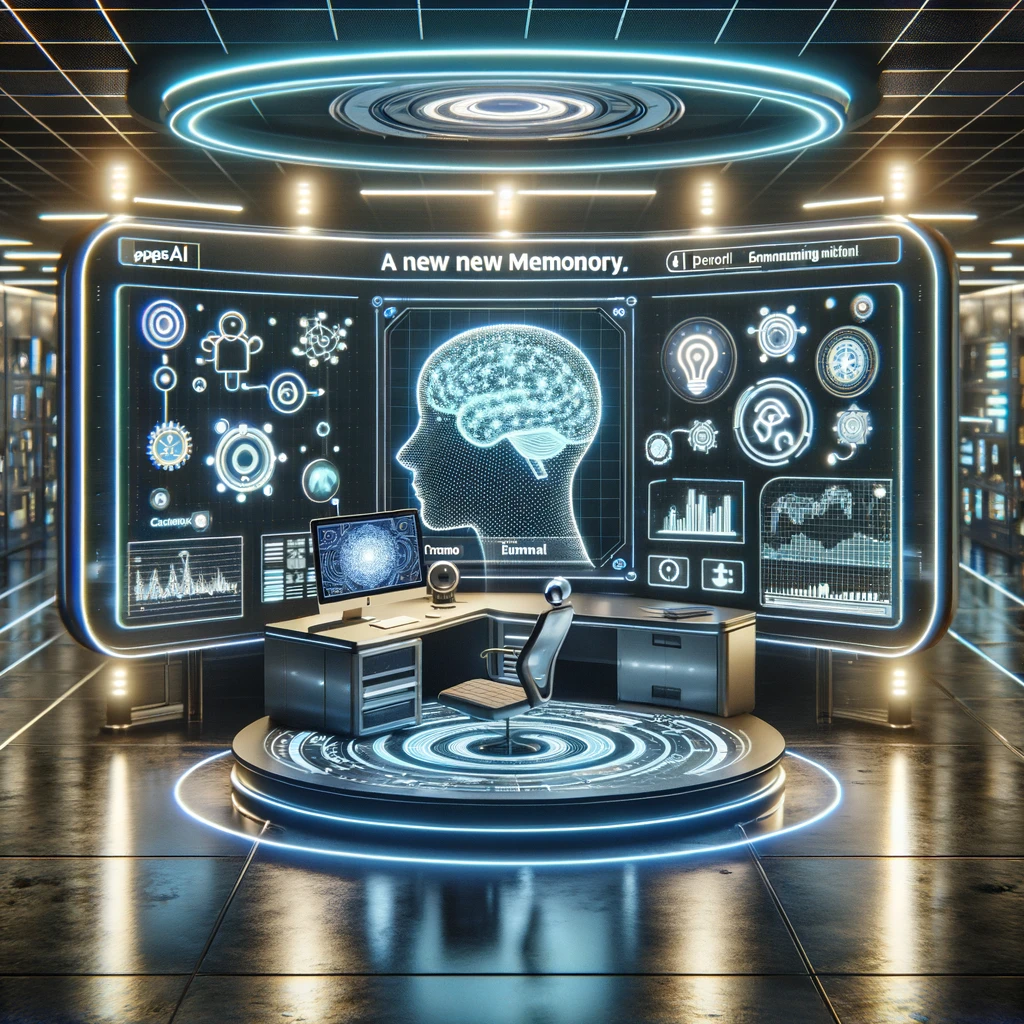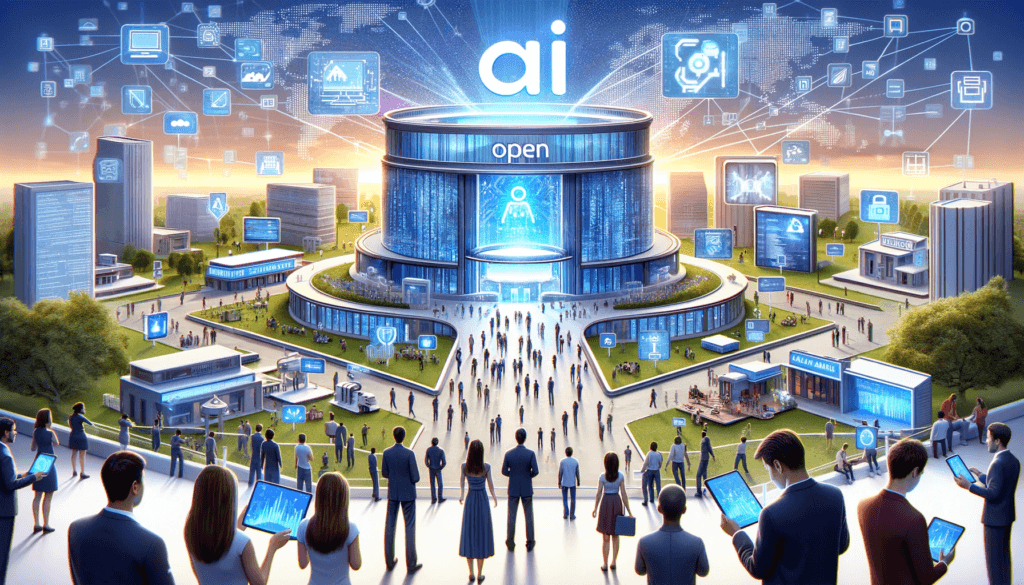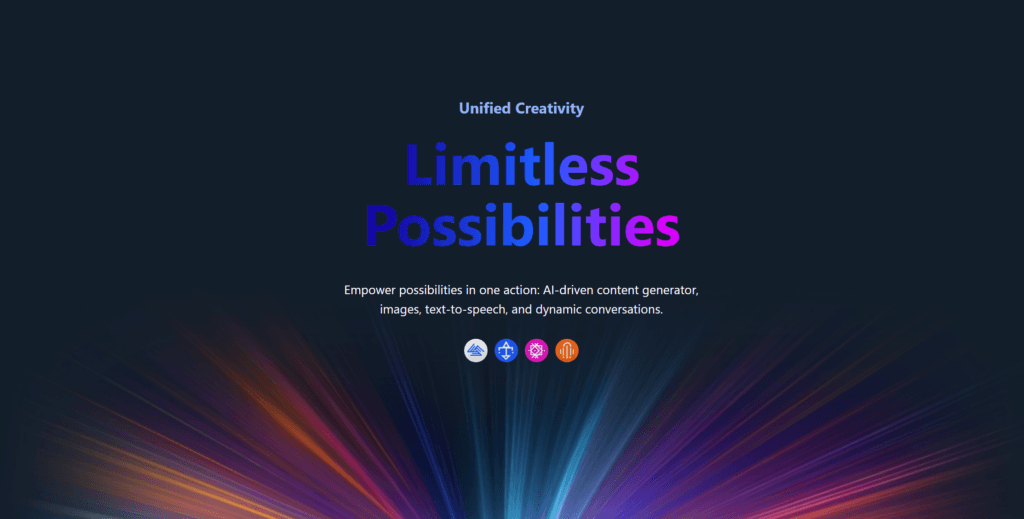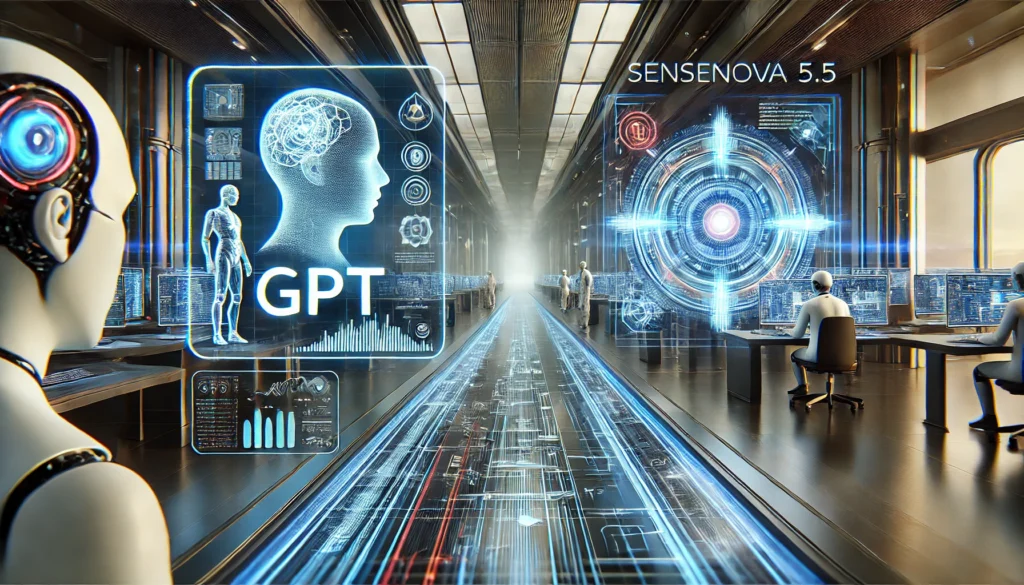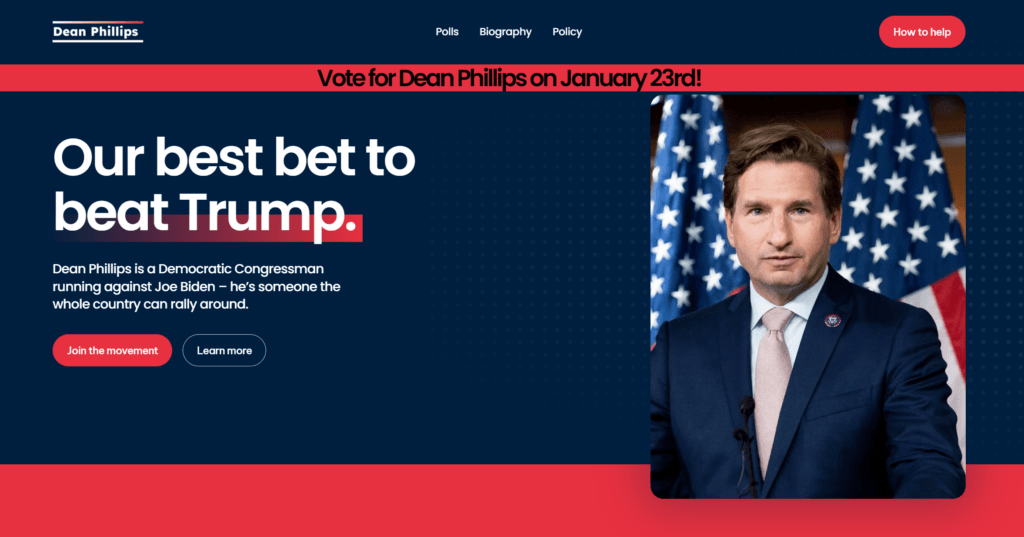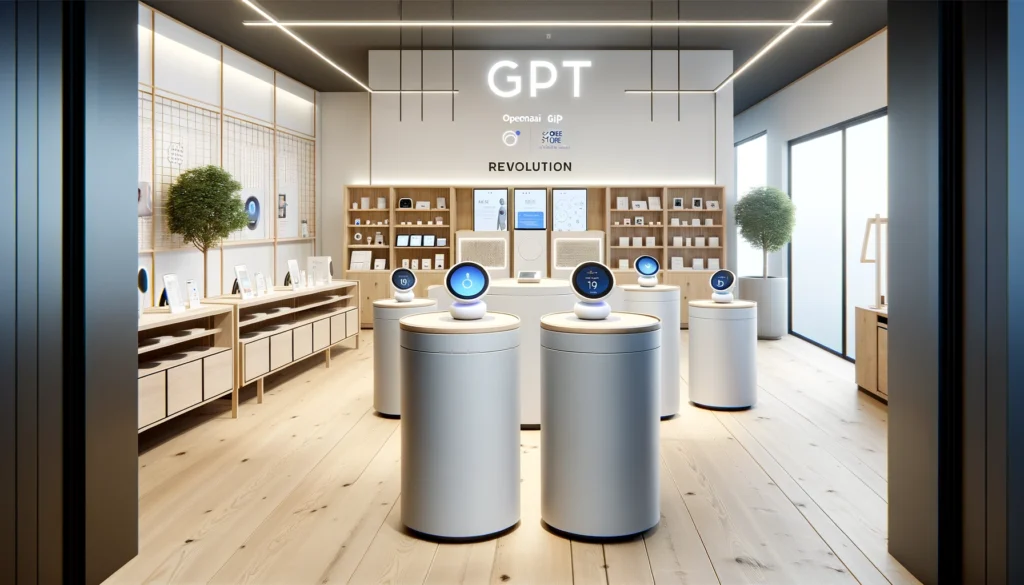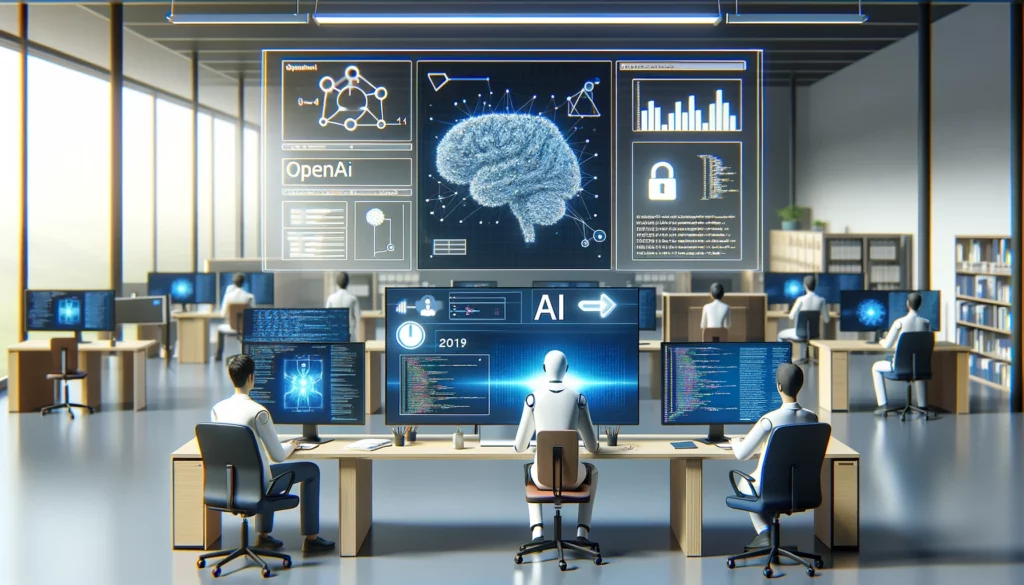Revolutionizing Open-Source AI and Data Governance: The Databricks Approach
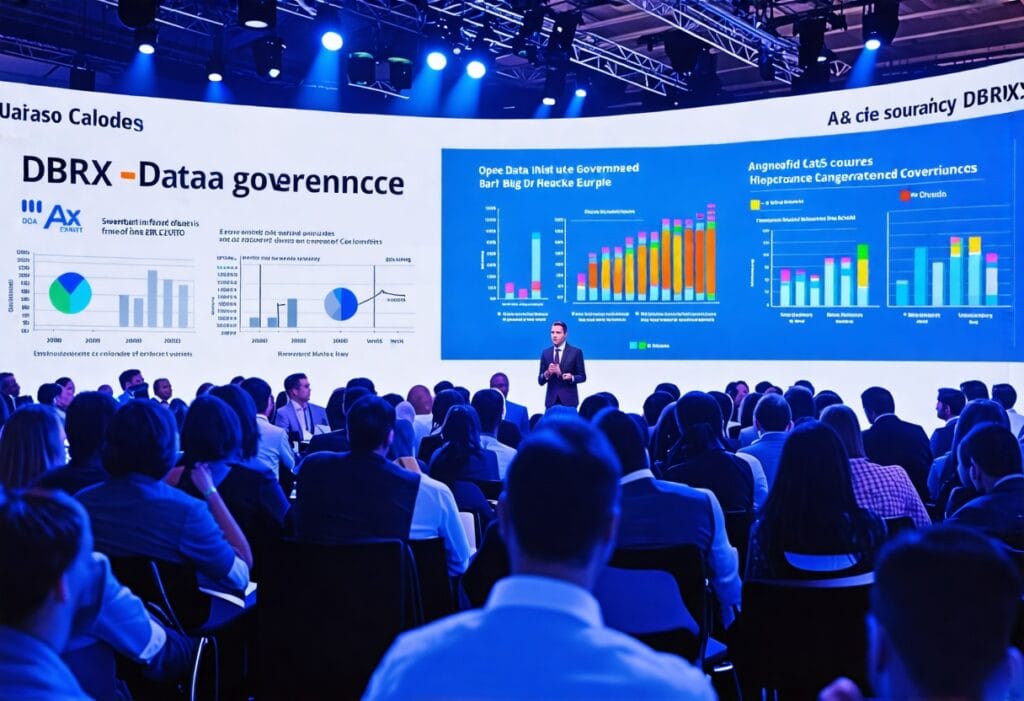
Revolutionizing Open-Source AI and Data Governance: The Databricks Approach
In the ever-evolving landscape of artificial intelligence, the integration of open-source solutions with robust data governance frameworks has never been more critical. Databricks, a leader in this space, is making significant strides in enhancing the accessibility and efficiency of AI technologies while addressing the complexities of data management. Their innovative efforts, exemplified by the groundbreaking DBRX model, are setting new benchmarks for open large language models (LLMs) and redefining the standards for data governance.
The DBRX model outshines its competitors by delivering exceptional speed and accuracy, offering organizations the opportunity to democratize LLM training. Coupled with the open-sourcing of Unity Catalog, which centralizes data governance across diverse cloud environments, Databricks is streamlining the management of data assets while enhancing compliance and security. This integration not only alleviates challenges like data sprawl but also empowers organizations to harness the full potential of their data.
As Databricks prepares to showcase these advancements at industry events like the AI & Big Data Expo Europe, the focus remains on fostering an open ecosystem where custom AI solutions can flourish. Join us as we explore how these innovations are shaping the future of AI and data governance, making technology more accessible to enterprises of all sizes.
The DBRX Model: A Game Changer in Open-Source AI
The introduction of the DBRX model represents a pivotal moment in the realm of open-source AI. Harnessing advanced training techniques and a streamlined architecture, this model has been designed to elevate performance standards significantly. With up to twice the inference speed compared to rival models like Llama2-70B, organizations can now train and deploy high-quality large language models (LLMs) that accurately reflect their unique datasets.
What sets DBRX apart is not just its speed but its comprehensive performance across various benchmarks. This includes critical evaluations such as the Massive Multitask Language Understanding (MMLU), HumanEval for programming tasks, and GSM8K for mathematical comprehension. By democratizing access to top-tier LLMs, DBRX empowers enterprises to tailor AI solutions to meet their specific needs without the dependence on a select group of major AI providers.
Empowering Data Governance with Unity Catalog
As the landscape of data management becomes increasingly complex, Unity Catalog emerges as a cornerstone of effective data governance. The recent decision to open-source Unity Catalog amplifies its accessibility across various cloud platforms, including AWS and Azure, as well as on-premise infrastructures. This adaptability allows organizations to enforce consistent data governance policies, no matter where their data assets reside.
Unity Catalog’s centralized data access management is a crucial feature, facilitating unified governance over multiple data assets. Coupled with Role-Based Access Control (RBAC), organizations can meticulously assign permissions tailored to individual user profiles, reducing the risks associated with inconsistent access controls. Furthermore, equipped with robust data lineage and auditing capabilities, Unity Catalog enhances transparency and compliance, allowing businesses to track data usage and pinpoint redundancies effortlessly.
Transforming Business Intelligence with Databricks AI/BI
The introduction of Databricks AI/BI marks a significant advancement in business intelligence solutions, seamlessly integrating generative AI technology to enrich data exploration and visualization. Recognizing that effective BI tools should resonate with the unique semantics of a business, this innovative solution includes an AI-powered low-code interface for rapid dashboard creation and insightful visualizations.
Included in the toolset is the Genie conversational interface, designed to handle ad-hoc queries via natural language. As it learns from organizational data, Genie adapts its visual outputs and suggestions, refining them based on user interactions. This self-service approach democratizes data analysis, empowering users across all levels of an organization to derive actionable insights from data effortlessly.
Mosaic AI: A Comprehensive Platform for AI and ML Development
Mosaic AI represents another leap forward, consolidating tools for building, deploying, and managing machine learning (ML) and generative AI applications. This platform addresses the growing demand for cohesive frameworks that integrate enterprise data while ensuring enhanced performance and governance.
At the core of Mosaic AI is its unified tooling which supports the entire AI/ML lifecycle, from initial development to performance evaluation. The incorporation of generative AI patterns facilitates prompt engineering and fine-tuning, enabling organizations to adapt their models as business needs evolve. Moreover, Mosaic AI’s centralized model management fosters a streamlined approach to model serving, ensuring that organizations can deploy models efficiently while maintaining rigorous oversight.
The Data Intelligence Platform: Revolutionizing Data Management
Central to Databricks’ innovations is the Data Intelligence Platform, a powerful solution that redefines data management strategies. By synthesizing the benefits of data lakes and data warehouses, this platform offers a single architecture that promotes effective data governance and real-time processing capabilities.
One of the standout features is Delta Lake, which guarantees reliable data governance through ACID transactions and real-time updates. This adaptability is crucial for modern enterprises that require immediate access to accurate data. Furthermore, Delta Sharing enables secure collaboration and data interchange across organizational boundaries, bridging gaps that often limit data utility.
The integrated support for popular ML libraries like MLflow, PyTorch, and TensorFlow ensures that organizations can leverage existing expertise while building new capabilities. The cloud-native architecture, backed by the Photon engine, ensures scalability and high-performance metrics, essential for handling the vast datasets prevalent in today’s business environment.
Upcoming Showcases: Databricks at AI & Big Data Expo Europe
Databricks is set to highlight its commitment to open-source AI and robust data governance at the upcoming AI & Big Data Expo Europe. Through live demonstrations, attendees will explore how to create and deploy custom generative AI applications using open-source models from Hugging Face integrated with the data management capabilities of Unity Catalog.
The focus of Databricks at the expo will be to cultivate an understanding of how these tools can simplify the complexities of AI and data governance while promoting innovation and customization. Their interactive showcases will not only illustrate the capabilities of the Data Intelligence Platform but also provide insights into best practices for leveraging these technologies in real-world scenarios.
Conclusion
The fusion of open-source technology with advanced data governance practices is set to transform the AI landscape dramatically. Databricks’ efforts, exemplified by innovations like the DBRX model and Unity Catalog, are leading the charge towards a more accessible and efficient AI future, allowing organizations across industries to fully harness the power of their data assets.
Unlocking the Future of AI and Data Governance
As we stand on the brink of a new era in artificial intelligence, the revolutionary approaches championed by Databricks are pivotal in shaping the future landscape of AI and data governance. The seamless integration of the DBRX model and Unity Catalog not only enhances operational efficiency but also democratizes access to cutting-edge AI technologies and comprehensive data management solutions. Organizations, regardless of size or sector, now have the tools to navigate the complexities of data governance with unprecedented ease.
With innovations like Mosaic AI and the Data Intelligence Platform, businesses can effectively leverage their data, ensuring they remain competitive in an increasingly data-driven world. As Databricks continues to showcase its advancements in major industry events like the AI & Big Data Expo Europe, it invites enterprises to embrace these changes and explore the transformative possibilities that lie ahead.
Ultimately, the convergence of open-source AI and robust data governance practices is not just a trend but a critical shift that will empower organizations to unlock their full potential. By investing in these technologies, enterprises can offer custom AI solutions that are not only effective but sustainable, driving innovation and growth in their respective markets.
